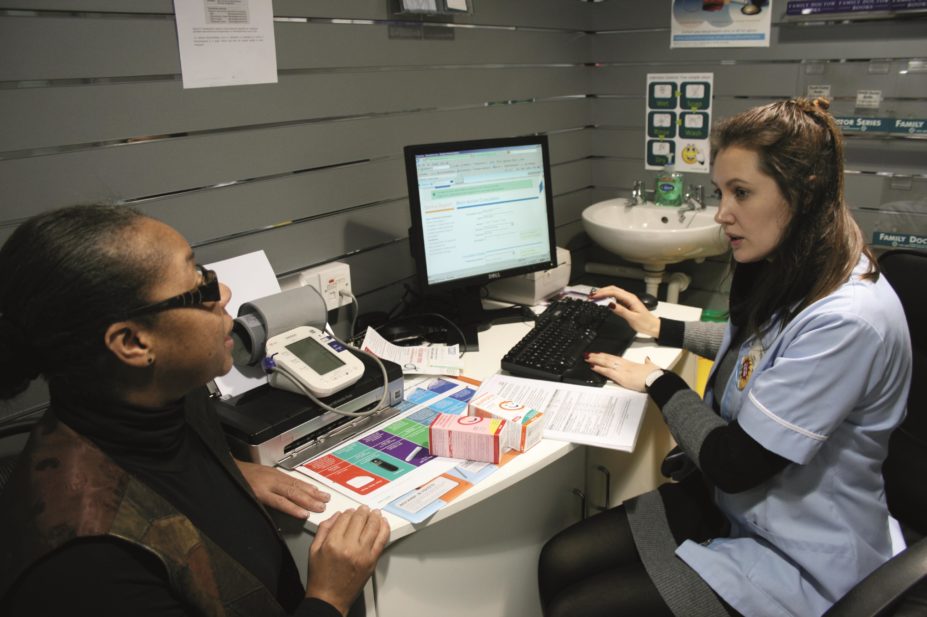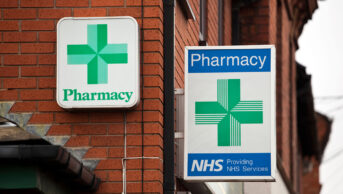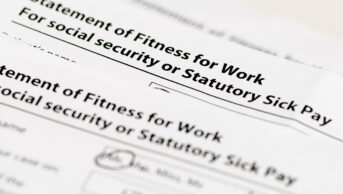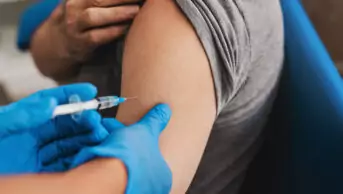
MAG / The Pharmaceutical Journal
Pharmacists working in general practice have increased their scope of practice but some had problems with their working environment and lack of support from GPs, a study published in the British Journal of General Practice (online, 28 August 2018) has found[1]
.
The study, which its authors say is the first to provide insight into the role of NHS England’s phase I clinical pharmacists at a national level, explored the pharmacists’ perceived competencies, scope of practice, practice environments, levels of integration and support needs.
Two online longitudinal surveys were administered to registrants on the Health Education England-funded general practice pharmacist training pathway (GPPTP), an 18-month mandatory training programme aiming to support all pharmacists employed through the scheme.
The first survey was sent to all phase I GPPTP registrants early on in the training pathway (T1) and the second to the same registrants at least six months later (T2). Qualitative interviews were also carried out with pharmacists, GP supervisors and education supervisors.
By comparing the 158 respondents who completed both questionnaires, the authors found that scope of practice increased in the six months between T1 and T2 for all 21 of a list of ‘typical’ activities, such as medication reviews, independent prescribing and clinical examinations.
The largest increases in scope of practice were seen in running clinics with patients, managing specific long-term conditions and supporting the Quality and Outcomes Framework and Quality, Innovation, Productivity and Prevention programme.
The only activity area that did not increase significantly from T1 to T2 was in the management of acute and common ailments. The authors said that this was clearly one area yet to be encompassed by the GP pharmacist role.
The study found that some pharmacists had issues with their physical working space, with 13% of respondents reporting that they did not have a designated workspace. The authors said that further work was required to explore what, if any, impact this may have on role development.
The respondents reported relatively high levels of integration but it was found that some pharmacists experienced a lack of clinical support from GPs and would appreciate more GP time invested in their development.
The authors said that GP surgeries need to be more realistic and not expect immediate gains in terms of a reduction in GP workload.
References
[1] Bradley F, Seston E, Mannall Cet al. Evolution of the general practice pharmacist’s role in England: a longitudinal study. Br J Gen Prac 2018. doi: 10.3399/bjgp18X698849


